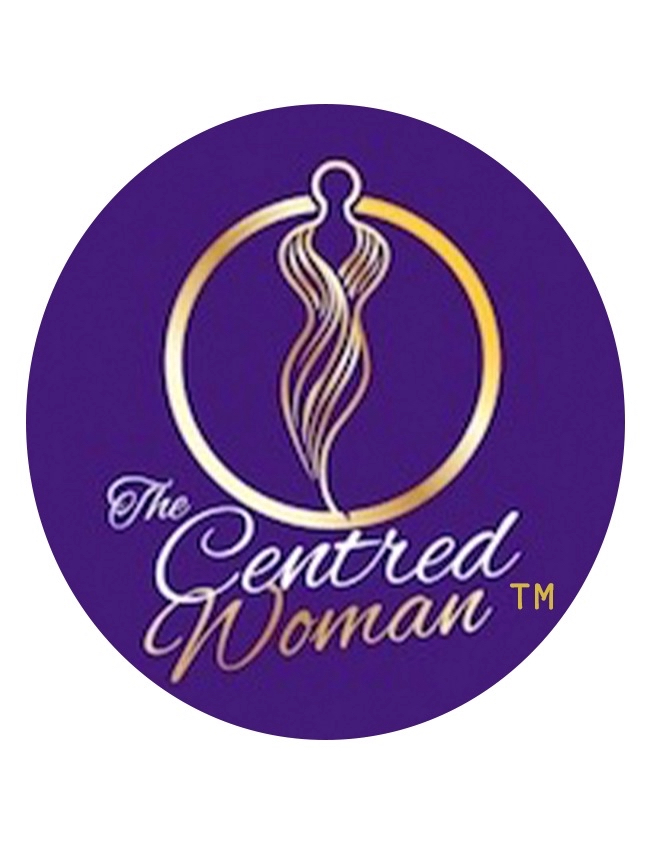Decision Fatigue – Why Professional Women Are Mentally Exhausted
Feb 27, 2025
The Mental Load That Never Ends
Wake up. Decide what to wear. Plan meals for the day. Juggle work deadlines. Handle last-minute changes. Keep track of schedules. Manage emotions—yours and everyone else’s.
Sound familiar?
For many professional women, decision-making is an endless, exhausting process. By the time the day ends, many feel mentally drained, unable to make even the smallest choices—a phenomenon known as decision fatigue.
Why Does This Happen?
Professional women don’t just make decisions for themselves—they often manage decisions for their families, workplaces, and relationships. Over time, this constant demand to process, prioritize, and problem-solve leads to mental exhaustion, overwhelm, and stress-related burnout.
This post explores:
🔹 What decision fatigue is and why women experience it disproportionately
🔹 The impact of mental exhaustion on work, relationships, and well-being
🔹 How emotional coaching helps women reclaim their mental energy
What Is Decision Fatigue?
Decision fatigue is the deterioration of decision-making ability after a long period of making choices. It’s why:
✔️ You struggle to decide what to eat for dinner after a long workday.
✔️ You default to saying “yes” because you’re too tired to weigh the pros and cons.
✔️ You delay making big decisions, avoiding them altogether.
✔️ You feel mentally foggy, scattered, or emotionally drained.
🔹 The Brain’s Limit: Your mind has a limited capacity for daily decision-making. Once depleted, choices become harder, leading to avoidance, poor judgment, and emotional overwhelm.
Why Women Experience More Decision Fatigue Than Men
- The “Mental Load” of Managing Everything
Professional women don’t just handle their own responsibilities—they are often the default planners, organizers, and problem-solvers for everyone around them.
📌 Studies show that women carry a greater share of household decision-making, even in dual-income households (Harvard Business Review).
📌 62% of working women say they handle the majority of their family’s scheduling and daily logistics (Pew Research).
📌 Women managers are more likely to be asked to “fix” workplace problems, mediate conflicts, and take on unpaid emotional labor (McKinsey Women in the Workplace Report).
🔹 How Emotional Coaching Helps:
- Identifies energy-draining decisions and creates boundaries to reduce unnecessary burdens.
- Teaches delegation and self-prioritization, ensuring that women stop absorbing everyone else’s decision-making responsibilities.
- Work Overload & Never-Ending Choices
📌 Women are more likely to feel pressured to prove their competence—leading to overworking, overthinking, and taking on too many responsibilities.
📌 Women are more likely to second-guess their decisions in professional settings, fearing judgment.
📌 High-stakes decision-making at work leads to mental depletion, making personal decisions even harder.
🔹 How Emotional Coaching Helps:
- Teaches decision-making frameworks to simplify choices and eliminate unnecessary mental clutter.
- Helps women trust their instincts, make confident choices, and reduce overthinking.
- Emotional Exhaustion & The Pressure to “Get It Right”
Women face higher expectations when making decisions—both in personal and professional settings.
📌 Women are more likely to be criticized for “wrong” decisions in leadership positions.
📌 Women in management face higher expectations for being empathetic, patient, and diplomatic—leading to more emotional processing.
📌 Women are socialized to avoid risk-taking, leading to decision paralysis and perfectionism.
🔹 How Emotional Coaching Helps:
- Reframes failure as growth, reducing the pressure of perfectionism.
- Strengthens confidence in decision-making, helping women act without fear of judgment or mistakes.
The Hidden Cost of Decision Fatigue
When decision fatigue takes over, women experience:
🚨 Increased anxiety & overwhelm – Feeling mentally “stuck” or emotionally drained.
🚨 Reduced work performance – Difficulty focusing, procrastination, and lack of motivation.
🚨 Burnout & exhaustion – Feeling unable to recharge or recover from stress.
🚨 Strained relationships – Avoiding conversations, making reactive decisions, or withdrawing emotionally.
Over time, this mental depletion erodes confidence, happiness, and emotional well-being—making it critical for women to learn how to manage their mental energy effectively.
How Emotional Coaching Reduces Decision Fatigue
Emotional coaching provides women with practical tools to reclaim their mental clarity and confidence.
✅ Prioritization Frameworks – Learn to focus on decisions that truly matter while eliminating unnecessary choices.
✅ The “Good Enough” Decision Rule – Reduce overthinking by embracing progress over perfection.
✅ Mindfulness Practices – Train your brain to pause, process, and respond rather than react.
✅ Emotional Awareness Training – Learn to recognize when your mental energy is low and how to replenish it.
✅ Boundary-Setting Strategies – Shift from absorbing everyone else’s decisions to protecting your own mental space.
By implementing these strategies, women can stop feeling drained, reclaim their energy, and make confident decisions without mental exhaustion.
Conclusion: Reclaiming Your Mental Energy Starts Here
You don’t have to live in a constant state of decision fatigue, overwhelm, and mental exhaustion. By understanding the hidden toll of endless decision-making and using emotional coaching strategies, women can:
✔️ Make decisions with clarity and confidence
✔️ Reduce mental overload and avoid burnout
✔️ Set boundaries to protect their time and energy
✔️ Reclaim focus, productivity, and emotional well-being
🔜 Next Up: Our next post explores “What Emotional Coaching Is & Why Every Professional Woman Needs It”—a deep dive into how emotional coaching transforms stress, self-doubt, and overwhelm into clarity and resilience.
🟨 Free Resource
Unlock the Secrets of Yin, Yang & the Midline
The Three Core Energies Behind Lasting Emotional Balance.
✨ With the right balance, you don’t have to choose between rest and action, softness and strength. Instead, you learn how to shift.








